Some people collect stamps. Some collect bottle caps or ornamental spoons or Beanie Babies — things that indulge the collector and imbue glee. For San Francisco resident Ann Kim, those things are little free libraries.
Since the onset of quarantine, Kim and her husband have probably walked their Richmond neighborhood quadrant “a million times.” For Kim, a lawyer working from home, the walks were initially to get some time outside and make up for rituals lost to quarantine — among them, a trip to the local library branch. But then, upon tracing and retracing her steps, she started noticing something; like mushrooms, various receptacles teeming with books were all around her. Some looked like the Alamo Square Painted Ladies, others reproductions of the houses behind them, and one was even made from a repurposed walk-in phone booth. Most were plaqued and registered to a nonprofit called Little Free Library.
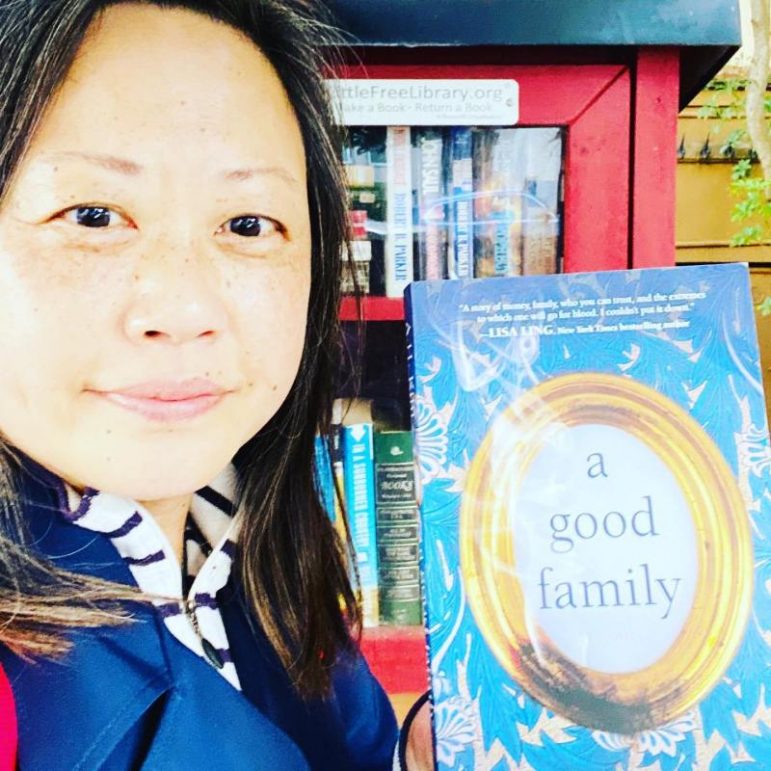
“I’m a library person,” Kim says. “So I was aware of Little Free Libraries before the pandemic; there’s one right around the corner from us in front of a preschool. But my awareness definitely took off during the pandemic.”
“Took off” is a bit of an understatement. Kim’s Instagram is rife with the #littlefreelibraries hashtag, and multiple of her Top Nine shots of the year include them. Kim also made the transition to published author this year with the release of her debut novel, “A Good Family,” but the pandemic hasn’t afforded her the typical book release rollout. (Spoiler, one of the protagonists is a librarian!) So she made her own. Instead of touring, Kim packed up a handful of copies of her book and set out, spreading them like seeds in little free libraries across the city. Only going by foot, she’s gotten as far as Noe Valley.
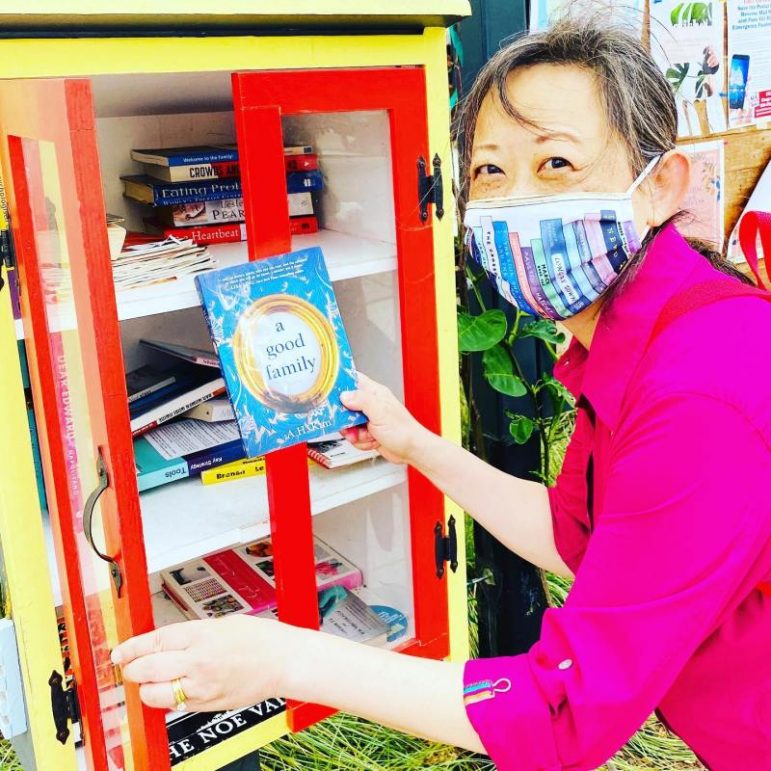
“I love that people are giving things away and sharing stories,” Kim says. “They don’t necessarily know who’s taking them, but they’re supporting imagination at a time when we really need it.”
The nonprofit Little Free Library has been around for a decade to address a disparity that, like hunger, we may believe we are beyond: literacy. Data from the National Center for Educational Statistics (NCES) indicates over 20 percent of American adults are either illiterate or functionally illiterate, and more than half of graduating high school students read below their grade level for years. Addressing this, in some cases, has been as easy as putting a cabinet-sized box full of donated books on a street corner, no library card required. Based in Wisconsin, the team of bookworms have provided over 1,000 little free libraries to areas of statistically low literacy across the states, including 100 just this year. The other 100,000 or so registered libraries are built and stewarded by the people for the people of all 50 states and 108 countries; there’s even one in Antarctica.
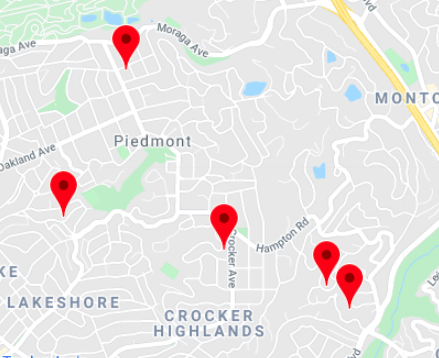
“Books can be a mirror to help us better see ourselves or a window to help us understand the experiences of others. Through reading, we can grow into more empathetic, understanding, and informed individuals,” writes Margret Aldrich, the organization’s director of communications. “Our Little Free Library stewards across the country have reported more visitors to their Little Free Libraries than ever and more books being shared. We also added roughly 20,000 new registered libraries to the Little Free Library network in 2020. In previous years, that number was more like 15,000.”
There aren’t any requirements for building one or how to curate them, but the website has plenty of premade libraries and blueprints for amateur carpenters, a book club and outreach collaborations for educators, the Girl Scouts and law enforcement. Their most recent venture Read in Color, which curates books by BIPOC authors, was born out of response to the murder of George Floyd to address the disparities not only in who’s reading, but also what they’re reading about. The website estimates over 165 million books have been shared through the library network, and many report forging new friendships while perusing the tiny shelves. During a pandemic, these connections made through books can be a lifeline.
At least, Walnut Creek resident Allison Zilnek thinks so. Before the pandemic, Zilnek taught elementary school and has been in an educators’ book club for seven years. Her family lived right across the street from their local library before it was torn down to be renovated.
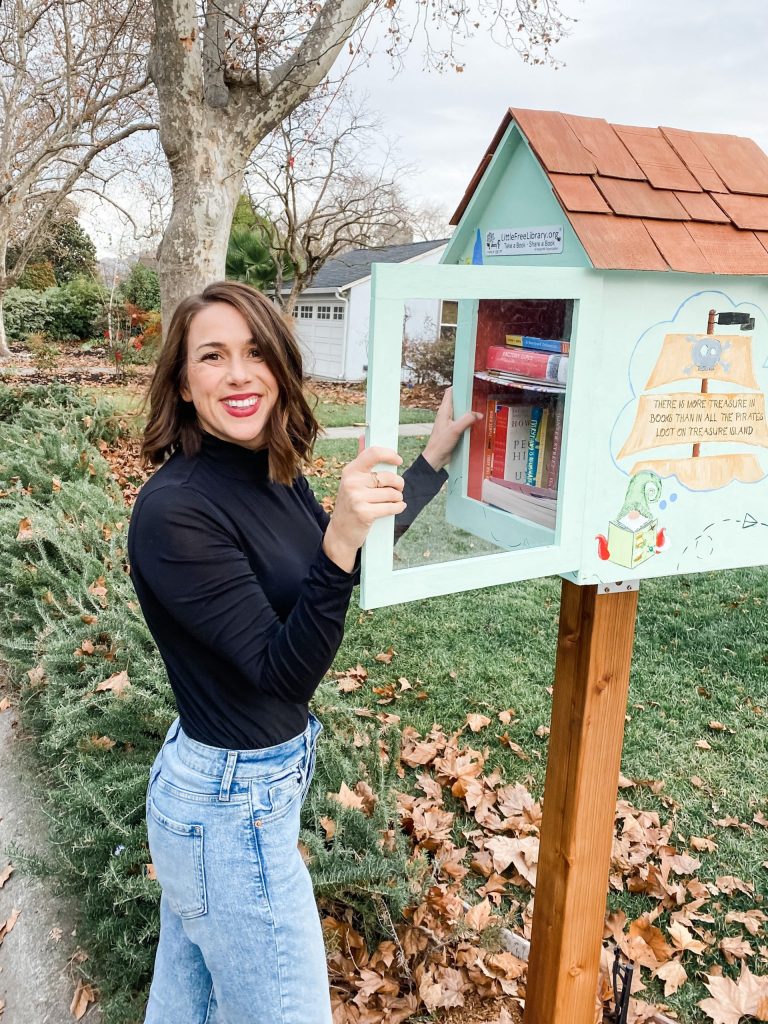
“I really believe in the magic of books and reading,” Zilnek says. “Reading has been essential in my life through all the phases, as a child, student educator and now a parent and for my own sanity.”
With the onset of shelter-in-place, she “felt this sense of loss, of isolation.” Her neighborhood was full of young families like hers, so she found a blueprint and recruited her dad to build her own Little Free Library back in October. To spruce it up, Zilnek commissioned a local artist to bedeck the sides with gnomes; the front yard where the library stands is also a fairy garden. Confined to home most of the time, Zilnek says peeking on library guests is a highlight of her day.
“I’m totally a voyeur; it brings me joy to see people using it, and I check it regularly,” she says.
“A guy two streets over was inspired to build his own.”
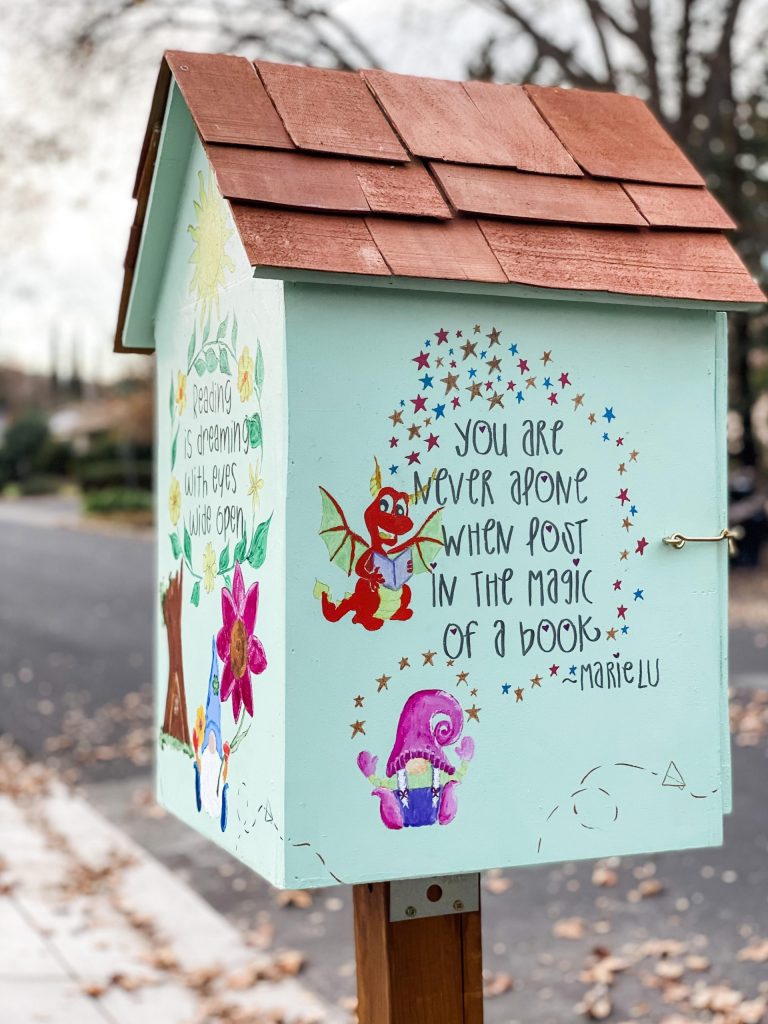
Zilnek has also noticed the libraries take on multiple roles, including a food bank, and she hopes to cultivate hers into a literary watering hole for the neighborhood in the new year, seeing as public libraries aren’t any closer to opening.
“I want to leave a ‘wish tree’ and have people tack on gratitudes,” she says. “These times feel so heavy, it’s nice to have something like that to boost that connection, fight those feelings of isolation.”
For Jenna Kuhmann, a fellow Walnut Creek resident, books allow her a reprieve from pandemic stress, and with no late fees. Her husband built her own little free library for her birthday last year, and she admits she’s maybe taken more than she’s left.
“I’ve always turned to books for both entertainment and comfort, and that only increased during the pandemic,” Kuhmann wrote in an email. “Reading was a means to escape, to visit a world that we don’t currently have access to.”
Kuhmann’s reading goal for 2021 is 60 books, down from her last year’s goal of 75; she wants to ease up a little. For Kim, she’s also started hunting for fairy gardens (like Zilnek’s) before her San Francisco home overflows with books.
“It’s terrible, because I have all these books I bought to read,” she says with a laugh, “and now I have all these other library books.”
* To put up and register your own Little Free Library, visit https://littlefreelibrary.org/.
